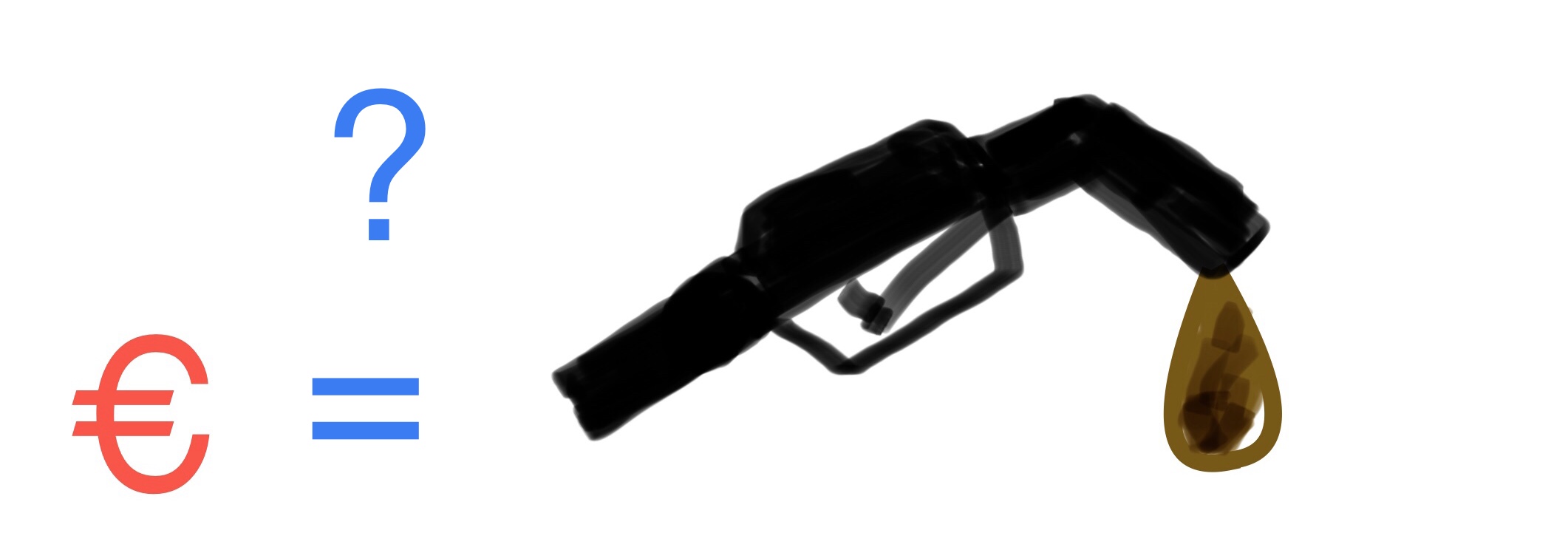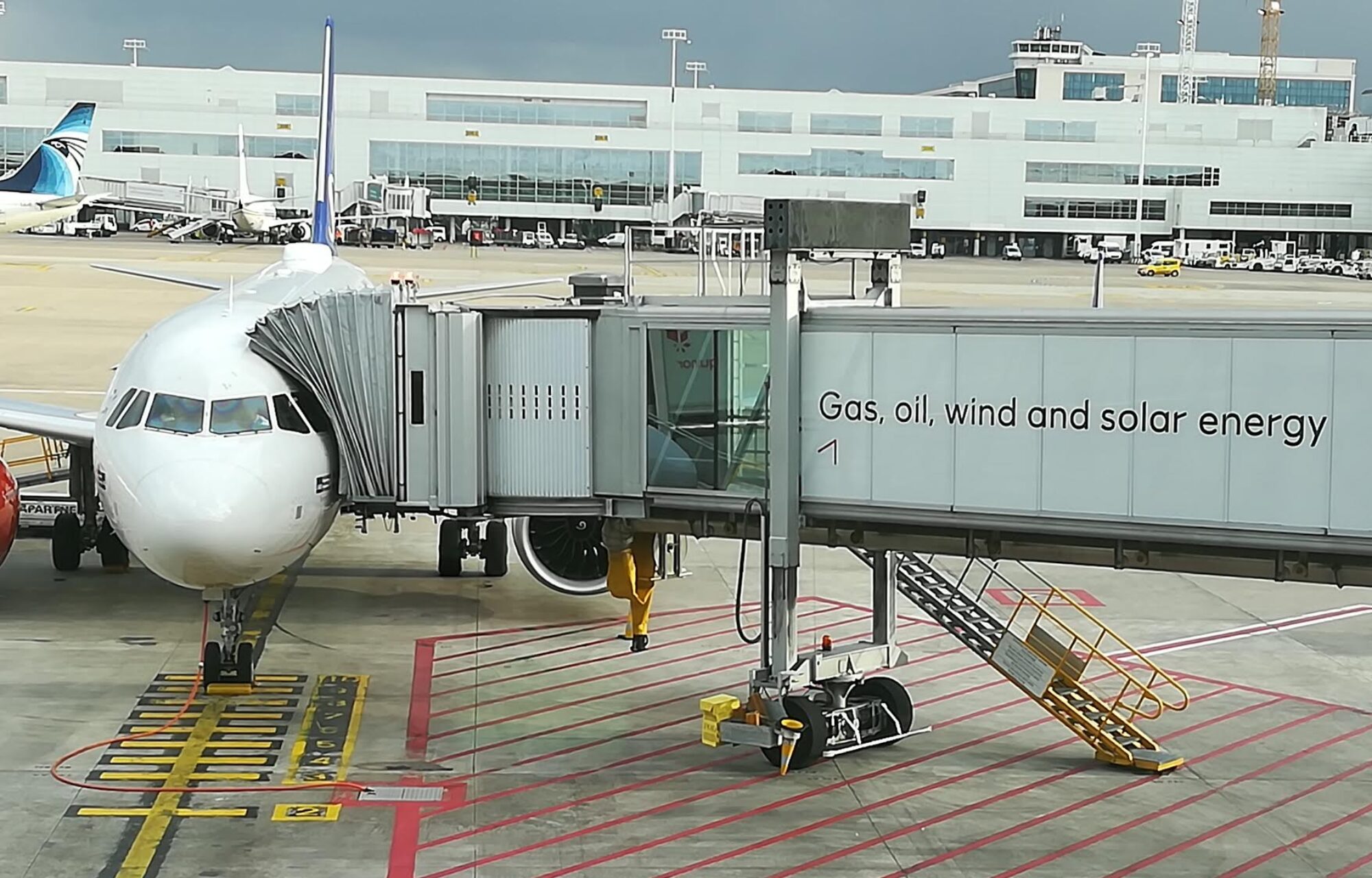Aircraft manufacturers and airlines will only invest, when getting returns. The CORONA pandemic, its economic aftermath and the world’s efforts to curb CO2 emissions makes continued low prices for kerosene likely. Airlines and aircraft manufacturers will not invest in new airplanes without economic need. Politics must make the regulations, give guidance and stimulation for aviation to focus on fuel efficiency.
1. How much is the fuel? Fuel is not always the biggest cost for an airline.
Fuel is not always the biggest cost for an airline.
It depends heavily on it’s price. Kerosene is so cheap, that airline passengers pay only € 9.18 for a 1,000 km trip to cover their share of the fuel. A 10,000 km flight pays only € 91,75 for fuel.
Lufthansa, Fuel Consumption and Emissions
3.67L of fuel is used per 100 km / passenger, a 1,000 km long flight uses 36.7L of kerosene / passenger. Currently, kerosene sells at € 0.25/L, this makes: 36.7L x 0.25€/L = € 9,18
2. With fuel costs such low, investments in cleaner airliners will not yield sufficient returns
Fuel is one of many costs. If fuel is cheap, investments in fuel efficient aircraft will not provide competitive returns, because making more flights a day when flying faster speeds reduces an airline’s costs for depreciation, personnel, and maintenance. Revolutionary aircraft technologies are delayed
